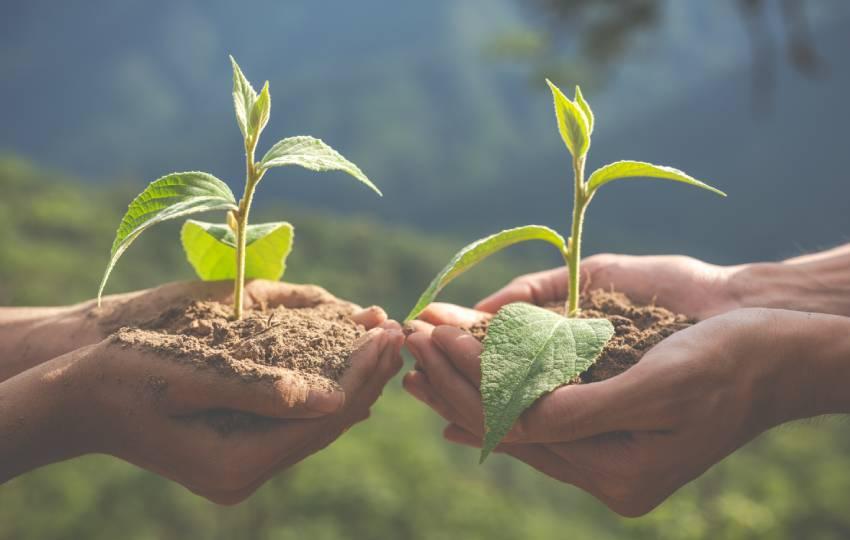U-SOLVE in Greece: how start-ups can contribute to our society's sustainable future

The 2030 Agenda is a plan of objectives that is aiming towards a sustainable future. It consists of 17 Sustainable Development Goals that correspond to challenges, related to health, inequality, economy, education, and environment. This set of goals is developed to facilitate the clarification context of the solutions needed for the achievement of sustainability.
The goal of sustainability explained
As sustainability, we refer to balance achievement among the economic, environmental, and societal parameters of a frame. Hence, this concept defines a society that operates in an environmentally conscious manner, by combining economic development, and by considering social justice among its citizens. Obviously, it is a term that acknowledges the significance of future continuity, and the need for environmental resources preservation, without compromising the quality of living.
Examples of start-ups adopting approaches towards a sustainable future
In a nutshell, start-ups are newly founded companies, usually set with poor financial resources, that their operation relies on the provision of innovative products and services. In addition, there are start-ups implementing innovative solutions in their line of production, by encompassing an environmentally friendly approach. Here are three start-up examples that combine innovation, with profit and eco-friendly practices:
- Kaspien: is a selling point of products, that fulfill environmental goals of responsibility, and are targeted to toddlers and children. Furthermore, this marketplace has adopted a strict policy process regarding the products’ quality, in terms of damaging chemical elaboration.
- Ekocycle: is a start-up company that deploys the recycling process to the fullest. Their process involves the collection of beverage bottles and recycling the materials into various kinds of commodities. An impressive product example would be the creation of suits, that each of which demands the use of 20 bottles.
- Tentree: is a marketplace that facilitates the selling activity of Worldwide Responsible Accredited Production (WRAP) certified factories. In order to avoid shipping environmental damages, Tentree focuses its product sourcing to a local extent. Moreover, the company’s operation involves planting more than ten trees, per item, in climatic vulnerable settings, around the world.
U-SOLVE partner in Greece, Institute of Entrepreneurship Development (iED) acknowledges the significance of a sustainable future; and, supports initiatives that foster sustainability by its participation in pertinent European projects such as U-SOLVE.
Through U-SOLVE, iED will be able to support and help young and women entrepreneurs in Greece to turn their innovative ideas into start-ups, with a focus on the environment and sustainable development.







